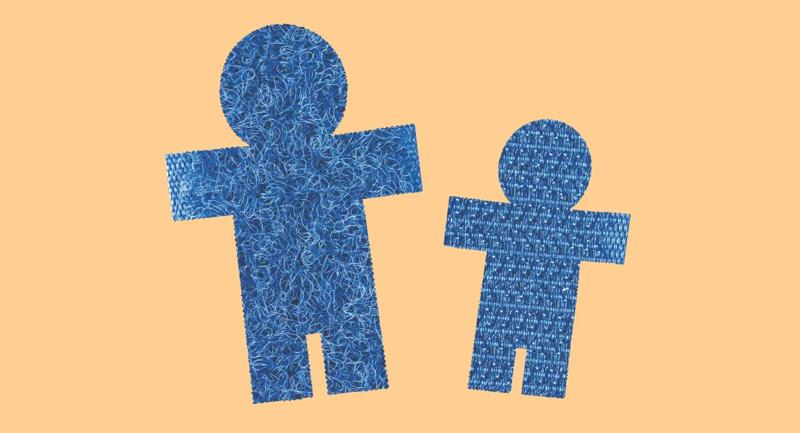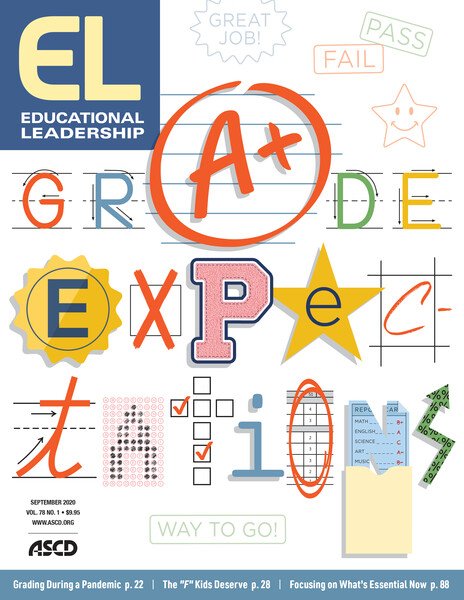Literary Enlightenment
In "Building Meaning Builds Teens' Brains," authors Mary Helen Immordino-Yang and Douglas R. Knecht advocate self-directed, project-based learning to activate the affective brain network. But all three brain networks can be engaged without abandoning traditional curriculums.
Student autonomy can motivate students, but too much autonomy has a downside. If education were entirely student-directed, how many students would choose Shakespeare, higher math, or chemistry? How many would opt to improve their writing skills? And probing one's interior world—often a painful prospect—is not a path most self-directed students would choose.
Great literature, on the other hand, can stimulate introspection when English teachers don't implicitly encourage emotional distancing from the content, for instance, by analyzing themes but never discussing how they apply to their students.
Some students can make the inward connections without prodding. Most do not. We can reverse this paradigm by removing the emotional safety net between subject and student that many teachers maintain and most schools insist upon.
This kind of engagement stimulates students to probe issues deeply with both heads and hearts. I've seen it happen in my own classroom.
—Jesse Bryant Wilder, Executive Director, Pallas Communications, NEXUS Interdisciplinary Books
Paper Works
Douglas Fisher and Nancy Frey's piece about research on reading on screens vs. on paper ["For Complex Texts, the Brain Prefers Paper"] has me ordering more books for my students, especially for denser texts over 500 words. Everyone should check it out!
—Henry Seton (@HenrySeton)
Lifelong Learning
I wish I had known about the effects of retrieval practice when I was teaching 10 years ago ["Retrieval Practice: A Power Tool for Lasting Learning" by Pooja K. Agarwal]. I am going to actually apply these suggestions to my own learning.
—Jon Harper (@Jonharper70bd)
Ready for Change
Excellent read ["Retraining the Brain" by Jill Harrison Berg]. Food for thought as we approach the needs of our teachers and students with the shifts occurring in teaching and learning!
—Celeste Goltz, M. Ed (@ed_goltz)
Confronting Inequity
[Matthew Kay's] column is essential to my reflective leadership and professional development. I look forward to more thought- provoking prose.
—Two TeacherZ (@askteacherzcom)
Feeling the Love
I have bookmarked, retweeted, shared links via direct messages, and hearted so many tweets from EL magazine in the last five minutes! If you're not following them, change that today! Amazing, thought-provoking articles and substantial resources for educators.
—TF McGregor, Med (@McWisdom4Edu)
Love (or dislike) something in a recent issue of EL? We want to hear about it! Write to us at edleadership@ascd.org or on Twitter. Printed reactions may be edited for clarity and length.







